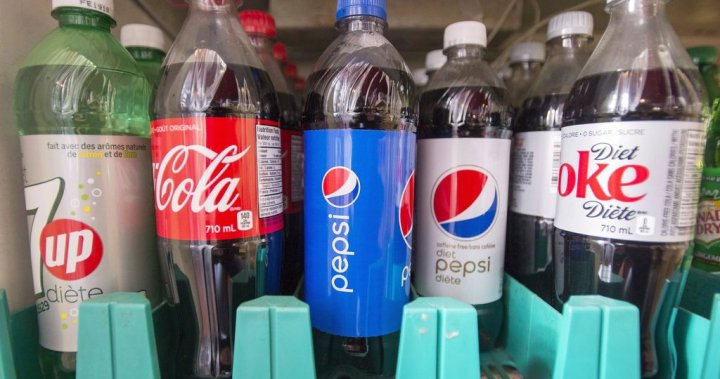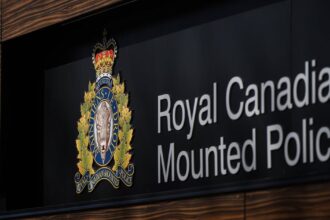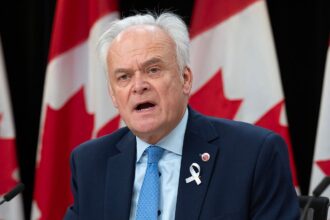The early returns are in: Newfoundland and Labrador’s groundbreaking sugar tax appears to be accomplishing precisely what policymakers hoped for. A recently published study reveals that the province’s first-in-Canada tax on sugary beverages has triggered a significant 21 percent decrease in sales of these products, marking a potential watershed moment in Canadian public health policy.
The comprehensive analysis, conducted by researchers from Memorial University and the University of Toronto, examined purchasing patterns across more than 200 Newfoundland grocery and convenience stores between September 2022 and August 2023. This timing provided researchers with a full year of data following the implementation of the 20-cent-per-liter tax on sugar-sweetened beverages.
“The findings exceeded our initial projections,” said Dr. Sara Collins, lead researcher at Memorial University’s Department of Public Health. “Not only did we observe an immediate decline in purchases following the tax introduction, but the reduction has remained consistent throughout the study period, suggesting this isn’t merely a temporary response.”
The province’s sugar tax, which took effect in September 2022, applies to beverages containing added sugars, including sodas, fruit drinks, sports drinks, and sweetened coffees. Pure fruit juices and diet beverages are exempt from the tax, which was explicitly designed to address Newfoundland’s concerning health statistics.
Prior to the tax, Newfoundland and Labrador had the highest rates of obesity and diabetes in Canada, with nearly 40 percent of adults classified as obese and diabetes rates approaching double the national average. These concerning health metrics drove the provincial government to take unprecedented action.
“We’re seeing the most pronounced changes among younger consumers and families with children,” noted Dr. Michael Patel from the University of Toronto’s School of Public Health, who co-authored the study. “This demographic shift is particularly encouraging as it suggests the potential for long-term improvements in health outcomes.”
The study also tracked what consumers purchased instead of sugary drinks. Sales of bottled water increased by 17 percent, while purchases of artificially sweetened beverages rose by 8 percent. This substitution effect suggests consumers aren’t simply absorbing the higher prices but are actively changing their purchasing behaviors.
Across Canada, public health advocates are closely monitoring these results. Several provinces, including British Columbia and Quebec, have expressed interest in implementing similar measures, while federal health officials have indicated these findings could inform national discussions on nutrition policy.
The beverage industry has responded predictably, with the Canadian Beverage Association releasing a statement questioning the study’s methodology and suggesting the tax unfairly targets one product category while ignoring other sources of dietary sugar. Industry representatives argue that education programs, rather than taxation, represent the more effective approach to improving nutritional choices.
However, health economists point to mounting evidence from jurisdictions worldwide that have implemented similar taxes. Mexico, which introduced a sugar tax in 2014, has documented sustained reductions in sugary drink consumption, particularly among lower-income populations who experience disproportionately high rates of obesity and diabetes.
“What’s particularly compelling about the Newfoundland results is how they align with global trends while reflecting specific Canadian consumer patterns,” explained Dr. Jennifer Walsh, a health policy analyst at Dalhousie University who wasn’t involved in the study. “This gives us valuable information about how such measures might perform across different Canadian jurisdictions.”
The provincial government estimates the tax will generate approximately $9 million annually, revenue earmarked specifically for community wellness programs, including initiatives targeting childhood obesity and diabetes prevention. This approach mirrors successful models from other jurisdictions where tax revenue supports public health infrastructure.
While one year of data provides a strong initial indication of the tax’s effectiveness, researchers emphasize the importance of longitudinal studies to determine whether these behavioral changes translate into measurable health improvements. The research team plans to continue monitoring consumption patterns while expanding their analysis to include health metrics like obesity rates and diabetes diagnoses.
As provinces across Canada grapple with rising healthcare costs and concerning public health trends, Newfoundland’s sugar tax experiment offers a potential roadmap for policy innovation. The critical question now becomes: will other Canadian jurisdictions follow Newfoundland’s lead, or will this pioneering approach remain an isolated experiment in tackling one of our most pressing public health challenges?






















